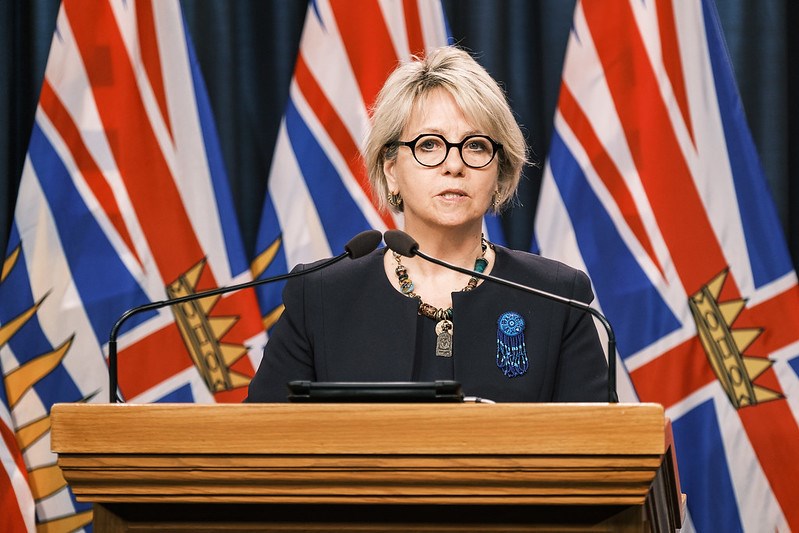As we continue efforts to ride out the third wave of COVID-19 - and as we desperately hope there are no more waves - it is worth reviewing the principles that have guided the strategy laid out by public health officials in this province.
They may surprise some and certainly differ from measures in other parts of the country.
As outlined by provincial health officer Dr. Bonnie Henry in a briefing last week, there are three top priorities:
- Prevent deaths attributed to COVID-19 as much as possible.
- Protect the public health-care system from being overwhelmed by the virus and be unable to provide health care for other ailments and conditions among British Columbians.
- Ensure that whatever steps are used to fight COVID-19, that they will cause a “minimum of disruption to society.”
How are we faring in each of these instances? It is a bit of a mixed bag.
When it comes to British Columbians dying from COVID-19, we are actually in a much better position than any province west of New Brunswick - the Atlantic provinces are in a world of their own when it comes to having relatively few COVID-19 cases, let alone deaths.
On a per-capita basis (deaths per 100,000 people), B.C.’s mortality rate is the lowest among the six provinces, at about 30 deaths per 100,000 residents. Alberta is at 46, while Ontario is about 52.
All deaths are tragic, of course, but on a comparative basis British Columbia is not having as many of the worst outcomes from getting COVID-19.
The impact the virus is having on our health-care system, however, is starting to worsen.
Going into the last weekend, the daily number of people needing hospitalization had jumped 41% since the start of this month. The increase in ICUs was even greater, climbing 60% in that short time frame.
Some elected surgeries are now being rescheduled because of this surge. For now, the biggest problem is a lack of enough trained medical professionals to deal with this worsening situation.
Finally, have public health orders caused a “minimum of disruption to society” in this province?
Certainly if you are a restaurant or pub owner you may feel any disruption has gone way beyond the minimum. The arts community and many sports teams in particular were hurt by the ban on indoor gatherings and large crowds.
Schools, however, have remained open and so too have most shopping venues.
Since the pandemic began, Henry has used a lighter touch when it comes to implementing restrictions. The province has never had a “lockdown” and a big reason for that is Henry places a premium on keeping mental health strong.
Any prolonged, widespread shutdown of services and schools would no doubt damage the mental health of many, which is why B.C. is unlikely to follow Ontario’s more aggressive approach when it comes to restrictions.
Of course, nothing is ever off the table. If B.C.’s COVID-19 situation rapidly deteriorates then what is considered an acceptable “minimum of disruption” may yet be redefined, but we are not there yet.
Keith Baldrey is chief political reporter for Global BC.




.jpg;w=120;h=80;mode=crop)